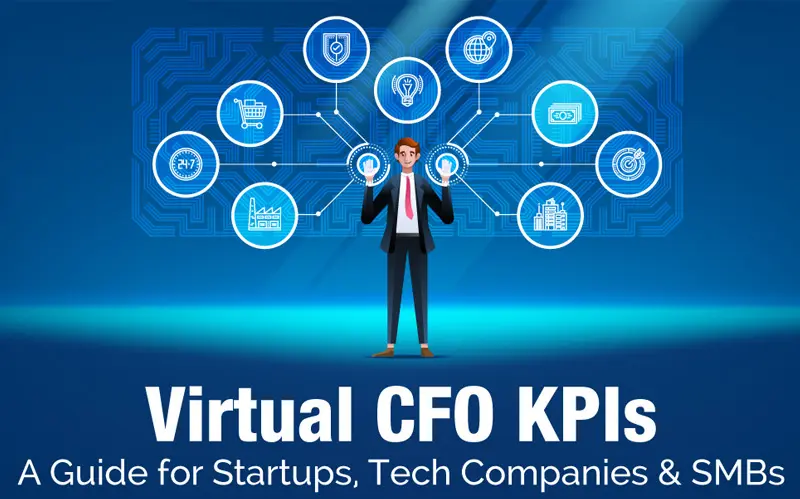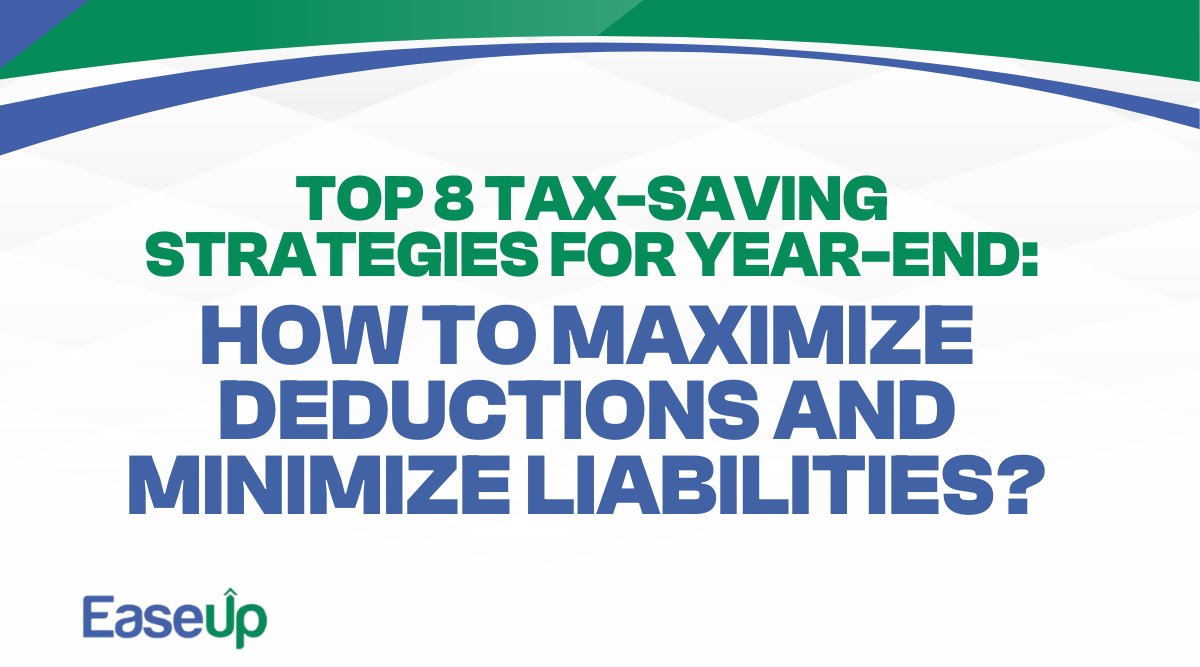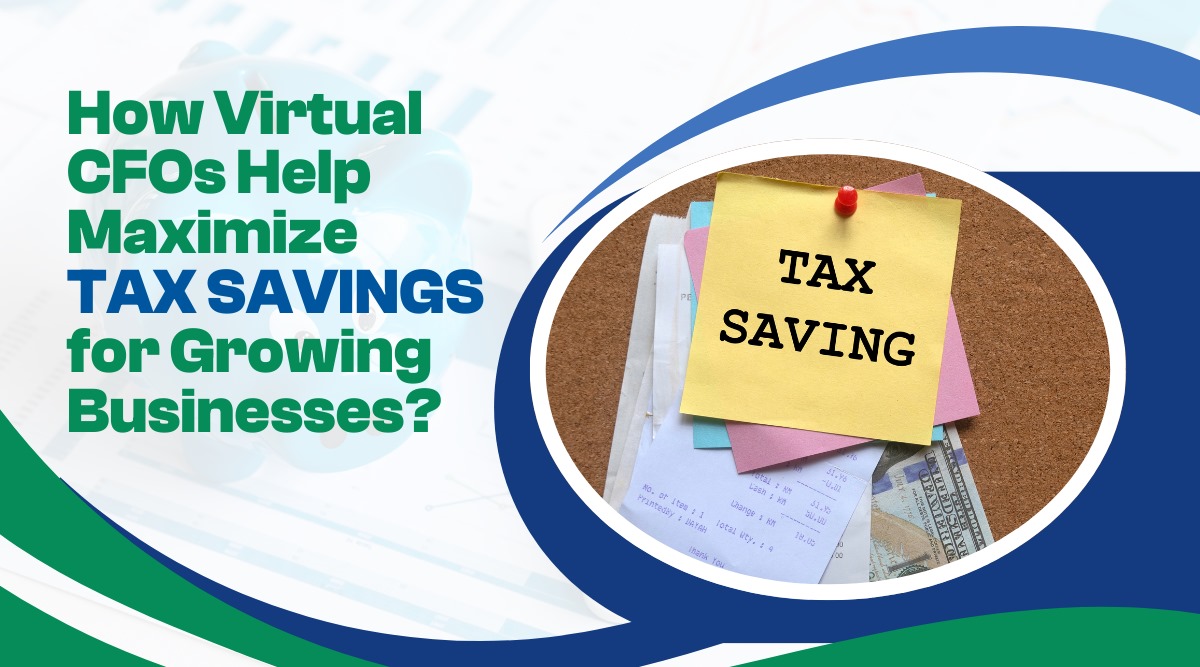

+91 9826266300

10.00 AM - 7.00 PM


Understanding Virtual CFO KPIs: A Guide for Startups, Tech Companies, and SMBs
Published at: Sep 16,2023

In the modern business landscape, the role of a Chief Financial Officer (CFO) is evolving beyond merely managing numbers. It now encompasses a broader spectrum of responsibilities, including strategy, planning, and risk management.
For startups, tech companies, and Small and Medium Businesses (SMBs), a Virtual CFO can offer these extensive services more flexibly and cost-effectively. However, to assess the effectiveness of a Virtual CFO, it’s crucial to track certain Key Performance Indicators (KPIs).
This blog will guide you through the essential KPIs to monitor when employing Virtual CFO services.
The Importance of KPIs
Key Performance Indicators (KPIs) serve as measurable values that indicate the effectiveness of a business operation. They offer a quantifiable measure of success, making it easier for companies to track their progress and meet their strategic objectives.
Why You Need to Monitor KPIs
In the context of a Virtual CFO, KPIs are essential for determining the performance and value that the service brings to your business. They provide insights into financial health, operational efficiencies, and strategic positioning, allowing you to make data-driven decisions.
The Essential Virtual CFO KPIs
1. Revenue Growth
Definition: Revenue Growth refers to the percentage increase in sales over a specific period.
Importance: Monitoring revenue growth helps to understand whether business strategies translate into increased sales. A Virtual CFO will focus on this metric to analyze trends and formulate plans for sustainable growth.
2. Cash Flow
Definition: Cash Flow represents the net amount of cash moving in and out of the business.
Importance: Maintaining a positive cash flow is essential for business survival. A Virtual CFO aims to optimize cash reserves while ensuring that debts and operational costs are managed effectively.
3. Cost Management
Definition: This KPI measures how effectively a company is managing its expenses.
Importance: A tight grip on costs is essential for profitability. Virtual CFOs often look at cost centres, variable costs, and fixed costs to identify where efficiencies can be gained.
4. Capital Structure
Definition: Capital Structure refers to the proportion of debt and equity used to finance the business operations.
Importance: A balanced capital structure minimizes the cost of capital and financial risk. The Virtual CFO uses this metric to guide decisions on sourcing and allocating capital for business activities.
5. Risk Management
Definition: Risk Management involves identifying, assessing, and prioritizing risks.
Importance: The Virtual CFO employs this KPI to develop a comprehensive risk management strategy that safeguards the company’s assets and ensures business continuity.
6. Strategic Planning and Decision-making
Definition: This qualitative KPI gauges the effectiveness of the strategic initiatives proposed and implemented by the Virtual CFO.
Importance: Successful strategic planning positions the company for long-term success. Monitoring this KPI ensures that the Virtual CFO’s contributions align with the business objectives.
7. Additional KPIs to Consider
While the above KPIs form the crux of Virtual CFO metrics, several additional indicators can offer valuable insights:
Customer Lifetime Value: Understanding the long-term value of a customer helps in resource allocation.
Profitability Metrics: Gross margin, net profit margin, and EBITDA margins are crucial for assessing the bottom-line performance.
How EaseUp Can Help
EaseUp’s Virtual CFO services are designed with your business needs in mind, particularly when tracking essential Key Performance Indicators (KPIs). We offer comprehensive financial reporting and real-time dashboards tailored for startups, tech companies, and SMBs. This enables you to monitor Revenue Growth, Cash Flow, and Cost Management KPIs.
By providing clear, actionable insights, our services empower you to make data-driven decisions that foster sustainable growth. Choose EaseUp to streamline your financial operations and focus on accelerating your business success.
Conclusion
Tracking the right KPIs is essential for gauging the performance and impact of a Virtual CFO in your business. These KPIs provide a snapshot of your current financial health and guide future decision-making and strategic planning. With a Virtual CFO, you can streamline financial operations, optimize costs, and drive sustainable growth, provided you are tracking the right indicators.
If you’re considering employing a Virtual CFO or want to understand how to track and analyze KPIs effectively, contact EaseUp for a personalized consultation. Our experts can guide you in selecting and tracking the most relevant KPIs to your business goals.

CA Aditya Chokhra
January 09, 2026

Empower Your Business with Expert Financial Consulting
Latest Post
Leave a Reply

Contact us and subscribe to our newsletter to receive expert advice and industry updates.

Mumbai: A-116-1st Floor, Super Shopping Complex, Bajaj Cross Road, Near Kandivali Station, Kandivali (W), Mumbai 400067.
Ahmedabad: 315 Abhinav Arcade, Nr. Kothawala Flats, Paldi, Ahmedabad 380007.
Pune: B 602, The Onyx, Pink City Road, Shankar Kalat Nagar, Pune 411057.
Gurgaon: 1123 JMD Megapolis, Sector 48, Gurgaon - 122018, Haryana.
Bhilwara: C - 147, Shashtri Nagar, Bhilwara (Raj).
Surat: 6019, World Trade Center, Ring Road, Surat - 395002.
Copyright © 2025 Easeupnow. All rights reserved.


















